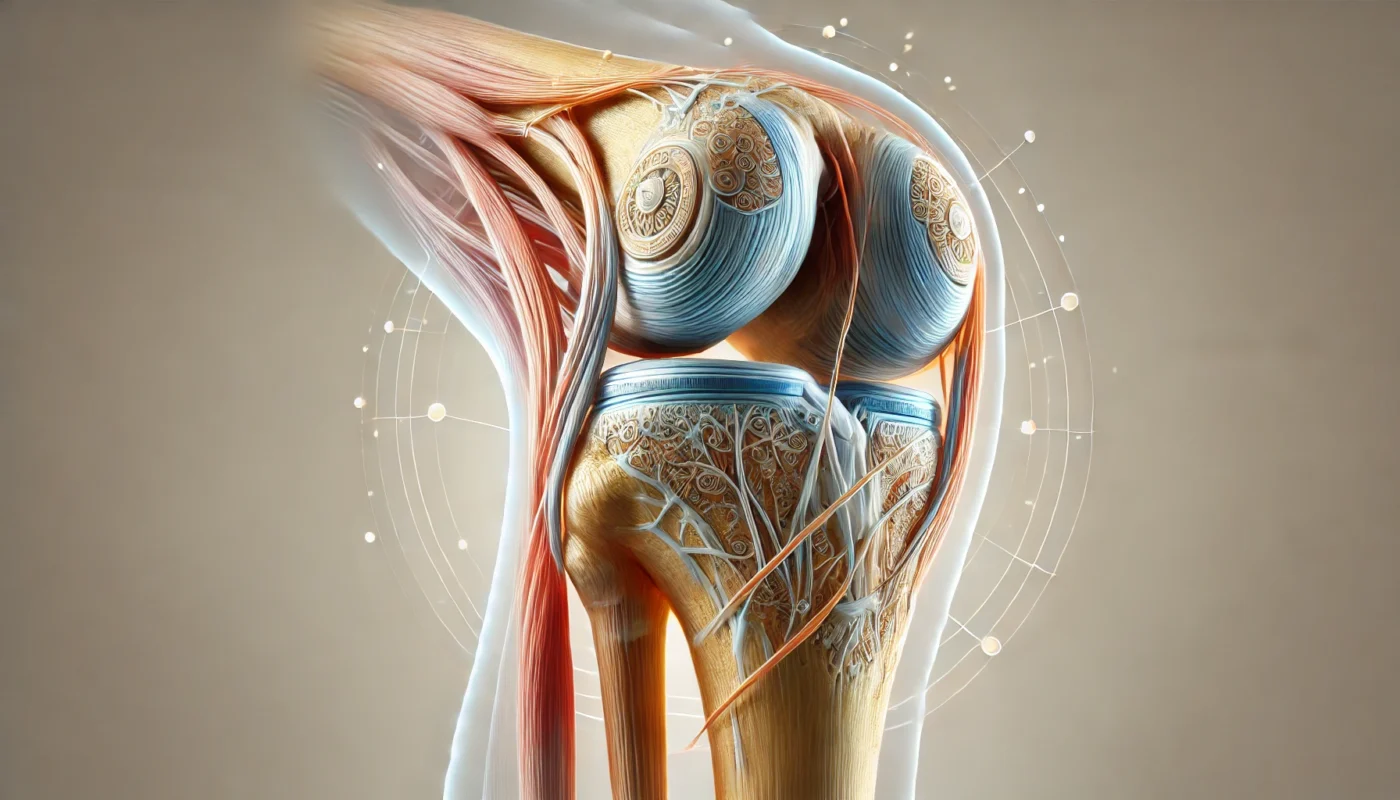In recent years, coconut oil has transcended its traditional culinary uses, emerging as a staple in holistic health practices. With its myriad of benefits, this versatile oil has piqued the interest of researchers and health enthusiasts alike. A significant area of interest is its potential antibacterial properties. But how credible are these claims? Can coconut oil really kill bacteria, and does it possess antibiotic qualities? Let’s delve into the scientific research and practical applications of coconut oil to explore its antibacterial benefits.
Tag Archives: Healthy Fats
Inflammation is a natural and essential part of the body’s immune response. It is the body’s way of signaling the immune system to heal and repair damaged tissue, as well as defend against foreign invaders such as viruses and bacteria. However, chronic inflammation can lead to a host of health issues, including autoimmune diseases, cardiovascular conditions, and metabolic disorders.
Before diving into the specifics, it’s crucial to grasp the relationship between nuts and inflammation. Nuts are nutrient-dense foods packed with healthy fats, fiber, protein, vitamins, and minerals. While some might wonder, “are nuts inflammatory?” the answer largely depends on the type and quantity consumed. Generally, most nuts are beneficial in moderating inflammation due to their rich antioxidant content.
The Mediterranean diet is inspired by the traditional eating patterns of countries bordering the Mediterranean Sea, such as Greece, Italy, and Spain. It emphasizes whole, minimally processed foods, including plenty of fruits, vegetables, whole grains, nuts, seeds, and healthy fats—particularly olive oil. Moderate consumption of fish and seafood, dairy, poultry, and red wine is also encouraged, while red meat and sugar-laden foods are limited.
In the quest for optimal health and wellness, dietary choices play a pivotal role. For those inclined towards holistic and alternative health approaches, adopting an anti-inflammatory vegan diet can offer numerous benefits. This dietary pattern not only emphasizes plant-based foods but also aims to reduce inflammation, a contributing factor in many chronic diseases. Let’s delve into the advantages of this dietary lifestyle and explore how it can enhance your overall well-being.
Inflammation is the body’s natural defense mechanism, triggered by the immune system to protect against injury, infection, or toxins. It involves the release of inflammatory proteins and chemicals to facilitate healing. However, when inflammation persists, it can result in chronic conditions. The key to managing inflammation lies in balancing the body’s response, ensuring it is neither overactive nor underactive.
When the body detects an injury or harmful pathogen, the immune system springs into action. White blood cells are dispatched to the affected area, releasing chemicals that cause blood vessels to expand. This process allows more immune cells to reach the site, facilitating repair. However, this response must be carefully regulated, as an unchecked immune reaction can lead to tissue damage.
Inflammation involves a complex interplay of cellular and molecular events. Pro-inflammatory cytokines and chemokines are produced to recruit immune cells to the site of injury. Additionally, the complement system, a group of proteins in the blood, becomes activated to enhance the ability of antibodies and phagocytic cells to clear pathogens. Understanding these mechanisms is crucial for developing strategies to manage inflammation effectively.
Joints are the connections between bones that allow for movement and provide mechanical support. Ligaments are the fibrous connective tissues that link bones together at the joints. Both are pivotal in maintaining physical functionality. When joints are not healthy, it leads to discomfort, pain, and even debilitating conditions such as arthritis.
Inflammation is the body’s natural response to injury or infection. While acute inflammation is beneficial for healing, chronic inflammation can lead to various health issues, including heart disease, diabetes, and autoimmune conditions. For some, gluten—a protein found in wheat, barley, and rye—can trigger inflammatory responses, particularly in individuals with celiac disease or non-celiac gluten sensitivity.
In the realm of heart health, triglycerides often steal the spotlight alongside cholesterol. While cholesterol is infamous for its role in heart disease, elevated triglycerides can also be a significant risk factor. Fortunately, nature provides us with a bountiful remedy—walnuts. This article delves into the properties of walnuts and their potential as a natural solution for managing triglyceride levels.
Osteoarthritis occurs when the protective cartilage that cushions the ends of your bones wears down over time. The condition can affect any joint but commonly impacts the knees, hips, hands, and spine. While age, genetics, and joint injury are significant risk factors, diet also plays a crucial role in managing osteoarthritis.
- 1
- 2










